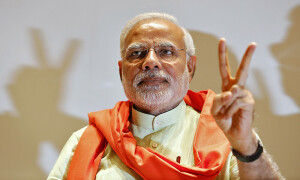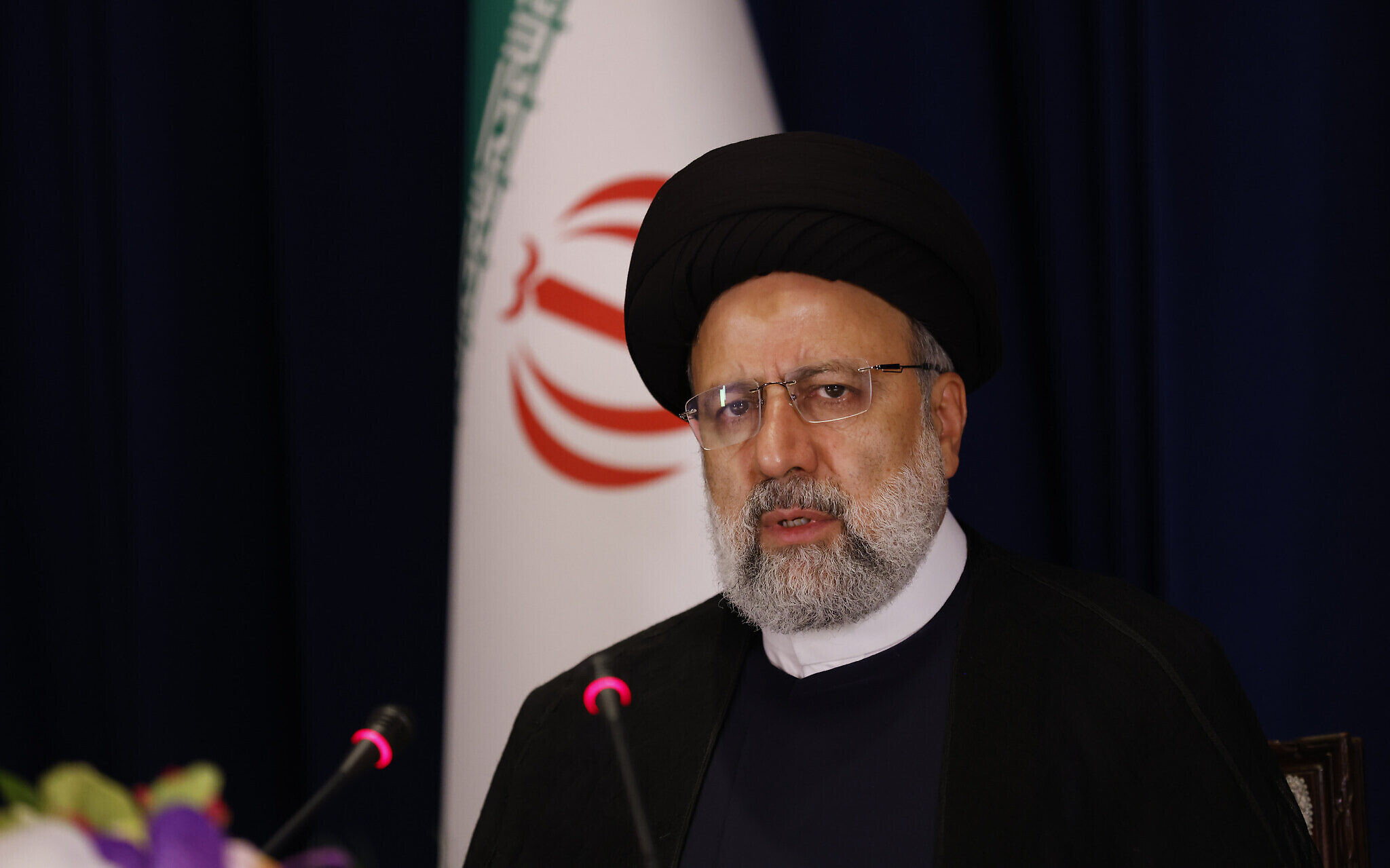Indian Foreign Minister Subrahmanyam Jaishankar is set to visit Pakistan to participate in the highly anticipated Shanghai Cooperation Organisation (SCO) summit, scheduled for October 15-16. The announcement, made by Indian Foreign Ministry spokesperson Randhir Jaiswal on Friday, marks a significant diplomatic move between the two neighboring nations, as it will be the first visit by an Indian foreign minister to Pakistan in nearly a decade.
Historic Visit by Indian Foreign Minister
“The external affairs minister will lead a delegation to Pakistan to participate in the SCO Summit which will be held on October 15 and 16,” Jaiswal revealed during a weekly press briefing. Jaishankar’s visit holds considerable diplomatic significance, given the historically strained relations between India and Pakistan, and comes at a time when both countries continue to grapple with unresolved bilateral issues, including territorial disputes and concerns over terrorism.
This visit marks a critical moment for India-Pakistan diplomacy, signaling the possibility of renewed engagement through multilateral platforms. The SCO, which comprises China, Russia, India, Pakistan, and several Central Asian nations, serves as a key regional forum for security, economic cooperation, and political dialogue.
Invitation Extended to Prime Minister Modi
The invitation to Indian Prime Minister Narendra Modi to attend the SCO Council of Heads of Government meeting was confirmed earlier by Pakistan’s Foreign Office (FO). According to FO spokesperson Mumtaz Zahra Baloch, “An invitation has also been sent to the Prime Minister of India, Narendra Modi,” adding that several countries have already confirmed their participation in the meeting. However, Modi’s attendance remains unconfirmed at this point.
Pakistan’s decision to invite Modi is viewed as a strategic move aimed at fostering regional cooperation despite ongoing diplomatic tensions. This is particularly noteworthy given that India and Pakistan have refrained from engaging in bilateral talks for years, largely due to escalating tensions over issues like Kashmir and cross-border terrorism. The invitation underscores the SCO’s role in facilitating dialogue between its member states in a multilateral setting, even when direct bilateral discussions have faltered.
Pakistan’s Preparations for the SCO Summit
As the host of the upcoming SCO summit, Pakistan has made extensive security preparations to ensure the smooth execution of the event. On Wednesday, Pakistan’s Federal Minister for Interior Mohsin Naqvi chaired a meeting to approve a comprehensive security plan for the summit. The plan includes deploying additional personnel from the Pakistan Army, Rangers, Frontier Corps (FC), and Punjab police to guarantee the safety of international delegates attending the event.
To further enhance security, the federal government has authorized the deployment of army troops in the federal capital from October 5 to 17. This move aims to maintain law and order during the summit and safeguard the delegates. A notification from the Interior Ministry indicated that the exact number of troops and their areas of deployment would be decided closer to the event based on the security needs at the time.
The elaborate security arrangements reflect Pakistan’s commitment to successfully hosting the SCO summit, which is expected to attract high-profile leaders from member states. Ensuring the safety of delegates, especially in the context of sensitive geopolitical dynamics, is a top priority for the Pakistani government.
Historical Context: Bilateral Relations Through Multilateral Platforms
This will be the first time an Indian foreign minister has visited Pakistan since 2014, and it follows a series of other diplomatic engagements between the two countries within multilateral frameworks. In May 2023, former Pakistani foreign minister Bilawal Bhutto-Zardari traveled to India to attend the SCO Council of Foreign Ministers meeting, becoming the first Pakistani foreign minister to visit India in over 12 years. Bhutto-Zardari described the visit as “productive and positive,” highlighting the importance of multilateral forums like the SCO in addressing complex issues such as Kashmir and terrorism.
In addition, former Pakistani foreign affairs adviser Sartaj Aziz visited India in December 2016 to participate in the Heart of Asia conference, held in Amritsar. Although bilateral relations between India and Pakistan have often been fraught with tension, these multilateral platforms provide a valuable opportunity for diplomatic engagement, even when direct talks are challenging.
Most recently, Pakistan’s former Prime Minister Shehbaz Sharif participated in the SCO Council of Heads of State meeting, which was hosted virtually by India in July 2023. Pakistan’s involvement in this meeting, despite the strained relations between the two countries, demonstrated a willingness to engage diplomatically through regional cooperation frameworks.
India’s Strategic Approach to the SCO
India’s participation in the SCO presents a delicate balancing act. On the one hand, the country seeks to maintain strong regional security cooperation, especially in light of its concerns over terrorism and cross-border conflict. On the other hand, India is wary of China’s growing influence within the SCO, particularly as China and Pakistan enjoy close strategic ties. By engaging selectively in SCO’s initiatives, India aims to counterbalance Chinese dominance while fostering constructive relations with Central Asian nations.
At the same time, India’s decision to attend meetings hosted by Pakistan remains a sensitive issue. India has historically been cautious about participating in high-level meetings held in Pakistan, primarily due to ongoing disputes between the two nations. This caution was most evident in 2016 when India boycotted the 19th South Asian Association for Regional Cooperation (SAARC) summit, which was scheduled to be hosted by Pakistan. India’s boycott, along with the absence of several other SAARC member states, led to the indefinite postponement of the summit.
In contrast, the SCO does not impose the same attendance requirements as SAARC, allowing for more flexibility in its operations. This provides India with a platform to engage in regional diplomacy while mitigating concerns over direct bilateral engagement with Pakistan.
The Role of the SCO in Regional Diplomacy
Founded in 2001, the Shanghai Cooperation Organisation has emerged as a crucial platform for regional diplomacy in Eurasia. Initially focused on security cooperation, particularly in combatting terrorism and extremism, the SCO has since broadened its agenda to include economic collaboration, cultural exchanges, and geopolitical dialogue.
For India and Pakistan, the SCO offers a valuable opportunity to engage diplomatically in a multilateral setting, even when bilateral relations are strained. The organisation allows both countries to discuss critical issues such as security, trade, and regional cooperation while avoiding the complexities of direct bilateral negotiations.
India’s participation in the SCO reflects its broader strategic interests in maintaining regional stability and addressing security concerns. Pakistan, for its part, views the SCO as an important platform for diplomatic engagement, particularly in light of its evolving relations with China and Russia.
Conclusion: A Diplomatic Step Forward
The upcoming SCO summit, scheduled for October 15-16 in Islamabad, will be closely watched by political analysts and diplomats alike. Indian Foreign Minister Subrahmanyam Jaishankar’s visit to Pakistan represents a significant diplomatic step, marking the first high-level engagement between the two countries in nearly a decade. While the visit may not lead to immediate breakthroughs on contentious issues like Kashmir or terrorism, it signals the continued relevance of multilateral diplomacy in fostering dialogue and cooperation between India and Pakistan.
As both nations prepare for the summit, the event will serve as a litmus test for future diplomatic engagements and the potential for renewed dialogue in the South Asian region.

